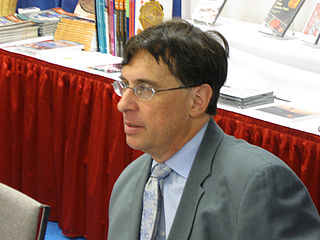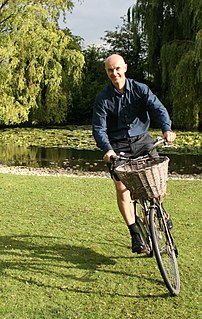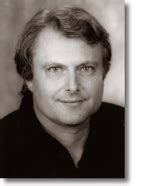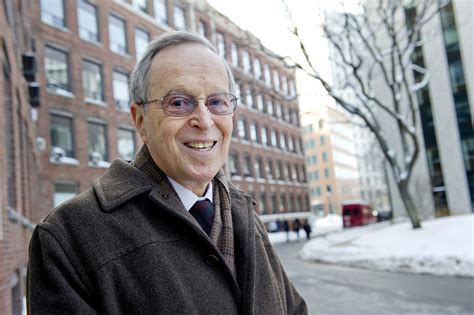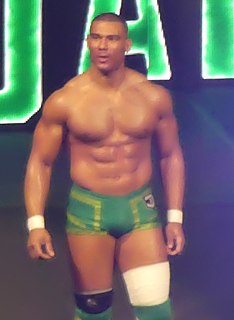A Quote by Tom Rath
'StrengthsFinder 2.0' is an effort to get the core message and language out to a much broader audience. We had no idea how well received the first strengths book would be by general readers - it was oriented more toward managers - or that the energy and excitement would continue to grow.
Related Quotes
This book reminds me of James Gleick's Chaos. The ideas and stories in Loving and Hating Mathematics are timely, interesting, and sometimes even profound. The authors, writing for nonspecialists, take pains to explain technical ideas in nontechnical language, and the book should interest general readers as well as a large mathematical audience.
The interview process tests not what the applicant knows, but how well they can process tricky questions: If you wanted to figure out how many times on average you would have to flip the pages of the Manhattan phone book to find a specific name, how would you approach the problem? If a spider fell to the bottom of a 50-foot well, and each day climbed up 3 feet and slipped back 2, how many days would it take the spider to get out of the well? .
Well, we think that time "passes," flows past us, but what if it is we who move forward, from past to future, always discovering the new? It would be a little like reading a book, you see. The book is all there, all at once, between its covers. But if you want to read the story and understand it, you must begin with the first page, and go forward, always in order. So the universe would be a very great book, and we would be very small readers.
So often, we blame other people when, really, the problem is right down in here. I'm not happy. I don't know what's wrong. If I just had another job, I could be happy. If I just get married, I would be happy. Well if I just wasn't married, I would be happy. Well, if I just had some kids, I'll be happy. I'll be happy when these kids finally grow up and get out of here. If I had a bigger house, I would be happy. Well, I got a big house. Now if I just had a maid to clean, I'd be happy. Well, now if I just had a maid I could get along with better, I'd be happy.
Lack of self-confidence is, more often than not, simple laziness. We feel confused and uncertain because we do not know. But instead of making the effort to investigate, we procrastinate and worry. We tell ourselves we can't instead of learning how we can. If we used the mental energy we expend in worry and fear to get out and find out about what we do not know, we would see our self-confidence grow. Lack of self-confidence is not overcome by faith, but by action. It is a lack, not of certainty, but of effort. Too often we are certain that we can't before we give ourselves a fair chance.
Language [can] be expressed . . . by movements of the hands and face just as well as by the small, sound-generating movements of the throat and mouth. Then the first criterion for language that I had learned as a student—it is spoken and heard—was wrong; and, more important, language did not depend on our ability to speak and hear but must be a more abstract capacity of the brain. It was the brain that had language, and if that capacity was blocked in one channel, it would emerge through another.
It is not nearly so important how well a message is received as how well it is sent. You cannot take responsibility for how well another accepts your truth; you can only ensure how well it is communicated. And by how well, I don't mean merely how clearly; I mean how lovingly, how compassionately, how sensitively, how courageously, and how completely.
John declared that "Christ received not of the fulness at the first," but that he "continued from grace to grace until he received a fulnesss and thus he was called the Son of God, because he received not of the fulness at the first." Thus is it with us all. We must work out our salvation and exaltation by coming to this earth. Man must be born into mortality and live and die that he may continue in his progress toward eternal life and exaltation.

